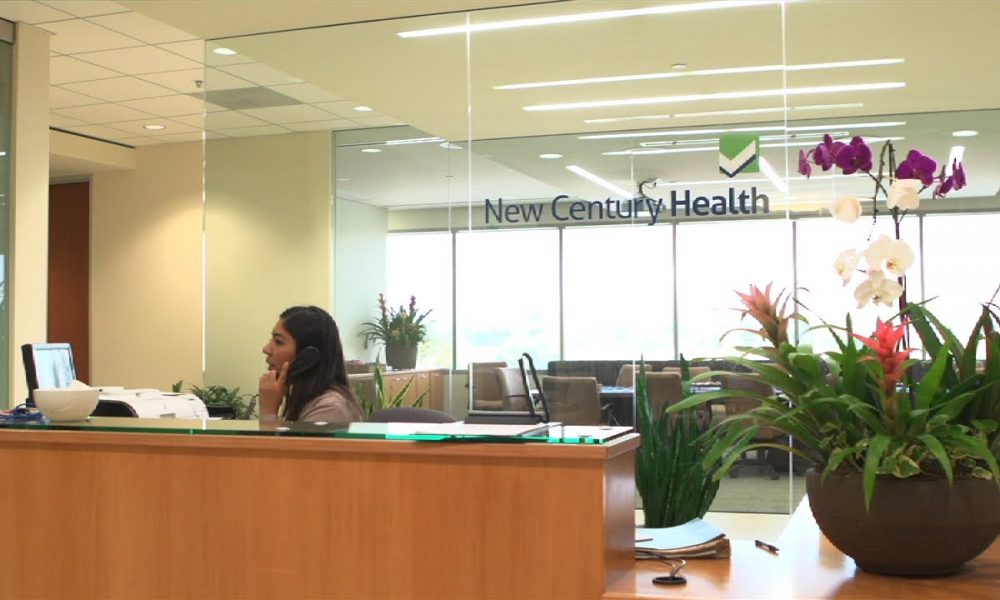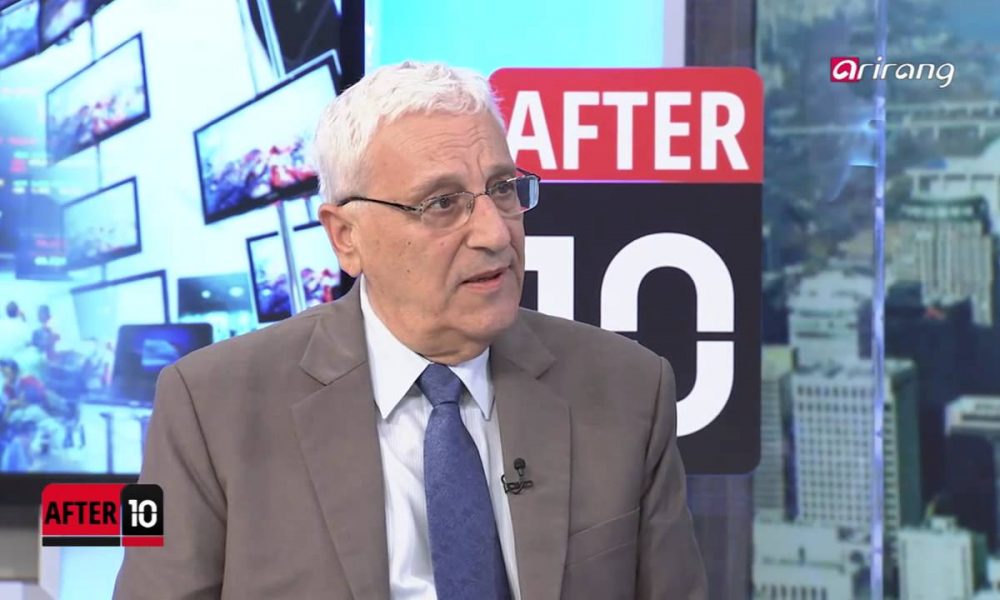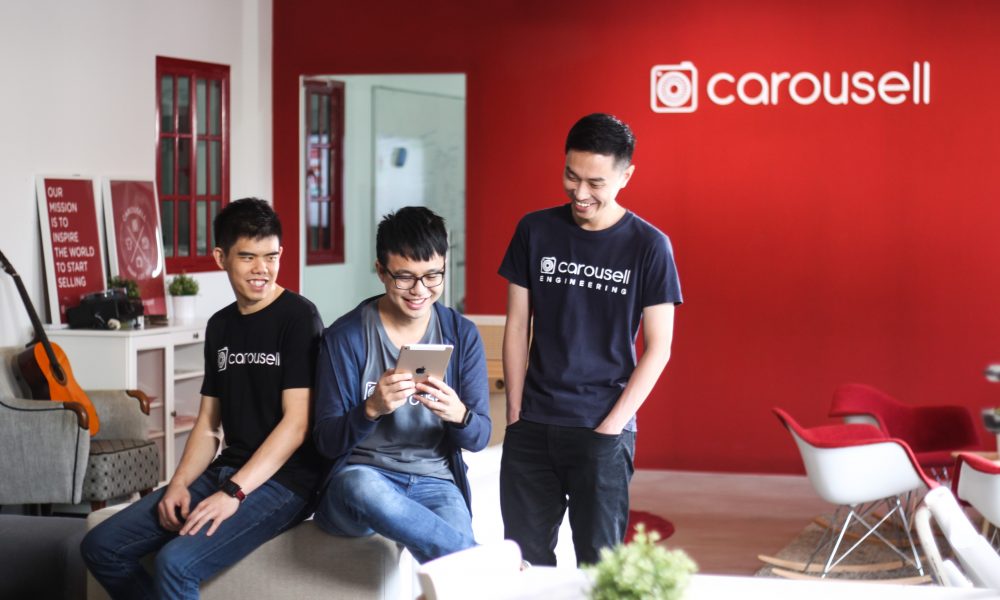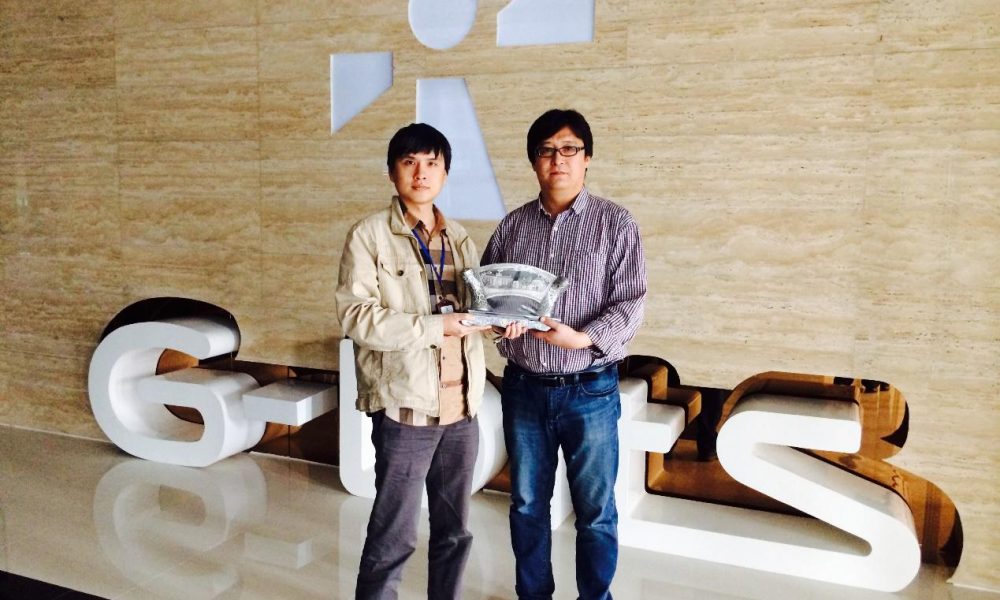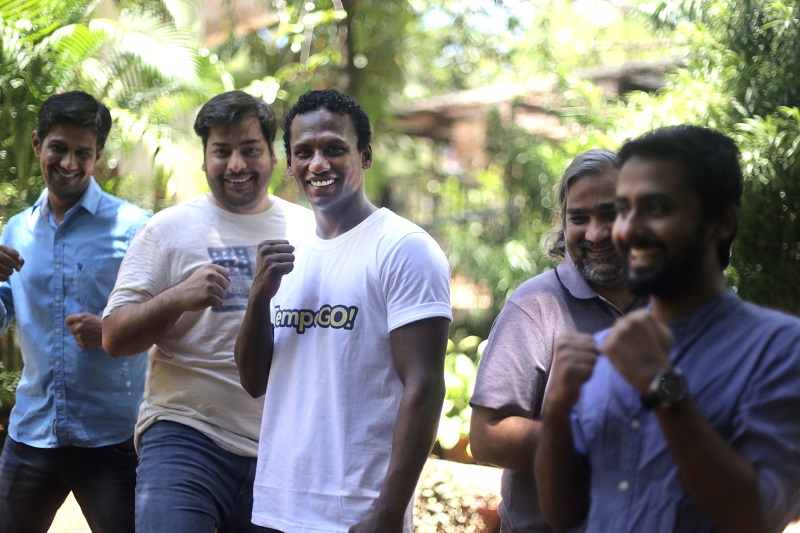Author: vivian
China’s New Century Healthcare targets US$129 million in Hong Kong IPO
Beijing-headquartered pediatric hospital operator New Century Healthcare is planning to raise up to HK$1 billion (about US$129 million) in an initial public offer (IPO) at the Hong Kong stock exchange this month.
The BoAML and CICC-sponsored pediatric healthcare provider had launched this IPO last week where 120 million new shares are pitched at a price ranging from HK$6.36 to HK $8.36 each.
According to the IPO prospectus of the company, there is also a potential 15 percent green-shoe option to sell an additional 18 million new shares.
Private equity firms CDH, Tianjin Yanshan Investment Management Co along with others also have a substantial stake in the hospital operator.
At present, New Century Healthcare operates three pediatric clinics in Beijing and since November last year, has diversified into obstetrics and gynecology with the acquisition of the BNC Women’s and Children’s Hospital.
Following this deal, about 20 percent of the proceeds will be allocated to upgrading its existing clinic, along with opening a new hospital and two clinics in other tier-1 cities such as Shanghai and Guangzhou.
Additionally, the company will also use 40 percent of the funds to buy one hospital and five clinics in tier-one cities, the company had announced while launching its IPO on December 29.
China’s growing healthcare expenditure is expected to reach 6.6 percent of the country’s GDP by 2020 with an aging population, increased chronic diseases, and rising disposable incomes are likely to lead to a higher demand for private and mid to high-end healthcare services among Chinese, the company had noted in its IPO prospectus.
Profits last year hit 34 million yuan (about US$5.1 million) on revenues of 116.8 million yuan. For the first six months of the year, profits stood at 31 million yuan on revenues of 226.5 million yuan.
The deal is expected to price on on January 11 while trading in the company’s shares will begin on January 18.
By Vivian Foo, Unicorn Media
Israel’s Yozma Group to invest US$ 41.4 million in Korean biotech startups
Israel’s leading venture capital firm Yozma Group has set out to invest in Korean biotechnology and healthcare startups, making its first overseas investment since its launch in 1993.
This is completed in joint efforts with the Industrial Bank of Korea, Multi Asset Global Investments Co. and Hong Kong’s Yuanta Securities Co. which will create a global partnership fund worth 120 billion won (about US$99.3 million), according to an announcement by state-run Korea Development Bank (KDB) on Wednesday.
Among the funds of funds, Yozma Group will invest US$41.4 million in Korean startups through the fund named “Yozma Group – Daesung Private Equity Inc” which will begin from the first half of 2017.
“Korea can be more successful than Israel because of the size of the market and the environment here,” Lee Won Jae, head of the Yozma Froup Korea told The Korea Herald, citing the country’s proximity to key markets Japan and China, highly skilled workforce and large population.
Yozma Group, in March 2016, has opened startup campus in Pangyo, south of Seoul, which is its first official startup campus outside Israel, with an aim to be Asia’s startup hub that will explore and invest in tech companies in other emerging markets in the region.
The Group’s investment size will also be between US$1 to US$6 million with its investments focused on investing early stage startups by taking a minority stake in the companies and assisting the startups throughout their development stage as well as making their debut in overseas market and foreign stock markets such as U.S. Nasdaq.
“A lot of Korean startups are undervalued due to the so-called ‘Korea discount’ or ‘Asia discount,'” Lee said. “But Korea’s bio, healthcare, virtual reality and material sectors, like graphene, are the most promising ones. So, we wanted to give them a global network and take them outside Korea to go to the world. That is our model.”
Yozma Group is an Israeli venture capital with a focus on early stage, early-stage startups and pre-IPO companies. Based in Tel Aviv, Israel, it was founded in 1993 by Israel’s government and private investors, including Yigal Erlich, former chief scientist of the Israeli Ministry of Industry, and was privatized four years later.
Since 1993, Yozma Group has made direct investments in over 40 portfolio companies, most of which are local companies in Israel, and are in the tech space related to the field of communications, IT, and medical technologies.
The Israeli venture capital fund’s latest decision to invest in Korean startups marks its first overseas investment. It will support startups in its own technology incubator program for two to three years so that they will be ready to enter global markets and join overseas bourses in countries such as the U.S. and Britain.
By Vivian Foo, Unicorn Media
Carousell buys Duriana to consolidate position as largest mobile classified marketplace in APAC
Singapore-based P2P marketplace Carousell announced today that it has acquired Duriana, a Malaysian-based mobile classifieds startup, in part to position itself as a major mobile classifieds player in the market.
After the acquisition, Duriana customer base of 600,000 users will be migrated to the Carousell platform, where they can continue buying and selling online as part of a larger global community. Financial terms of the deal were undisclosed.
“We saw that Duriana users had similar demographics and interests in buying and selling fashion items, gadgets, and electronics as well as home furnishing,” said Quek Siu Rui, the co-founder and CEO of Carousell. “By bringing Duriana users onto the Carousell platform, we’re helping more people buy and sell their preloved items quickly and easily.”
This would make Duriana the third acquisition of Carousell in less than six months since their US$35 million Series B round led by Japanese e-commerce giant Rakuten Ventures which has brought its total aggregate equity funding raised to an estimated US$41.8 million.
This also signals a growth strategy of becoming a major global mobile classifieds marketplace, following the last acquisition of online car marketplace Caarly in October 2016.
“This acquisition accelerates our international growth and strengthens our position as the largest mobile classified marketplace in Malaysia with over five million listings,” Quek explained.
“It also builds on our strong growth in the Philippines, our fastest market to reach over half million listings, and positions Carousell as the leader in the Philippines mobile classifieds industry just four months after our official launch in the market,” he further added.
Founded in October 2014, Duriana is a mobile marketplace for all things beautiful. The Malaysia startup has previously raised about US$3.3 million funding from investors – Alps Ventures and Beenos, which following this deal will provide an exit for both investors.
On the other hand, Carousell since its launch in August 2012, has been growing rapidly in the country, expanding to 19 cities in seven countries, including its recent entry to Hong Kong, Philippines, and Australia. The startup also claims to have over 57 million listings and over 23 million items sold as of Q4 2016.
Commenting on the acquisition, co-founder and CEO of Duriana, Saeed Gouda said that, “It’s been an exciting three years with Duriana, and we’re proud to have brought the company to this stage. After this exit, we’re looking forward to pursuing a new adventure. Carousell is shaking up the mobile classifieds space, and we’re confident that Duriana users will enjoy buying, selling and connecting as part of the vibrant Carousell community.”
By Vivian Foo, Unicorn Media
Chinese online gaming firm G-bits Network Technology raises US$138 million in IPO
G-bits Network Technology Co. Ltd., a Chinese online gaming company backed by IDG Capital Partners and Fortune Capital, has completed its initial public offering (IPO) on the Shanghai Stock Exchange (SSE), raising an amount of 961 million yuan (about US$138 million).
Upon completing its IPO on the China’s A-share market, the Xiamen-based company is now valued at 5.5 billion yuan (about US$791 million).
The Chinese gaming firm has also set a record being the first online gaming company to complete an IPO on the Chinese A-share market. Other online gaming companies listed on the domestic stock exchanges were via reverse mergers previously.
Founded in 2004, G-bits is one of the leading online game developers in China, developing and producing massive multiplayer online games, which includes Underground Castle, Unbelievable Maze, and virtual reality-enabled games.
Besides, its portfolio also includes Asktao, the company’s first 2D TBS online game, which was approved as the green online game for teenager by China’s Ministry of Culture in 2006.
The company claims to have net earnings of 600 million yuan in 2016, which translates to approximately US$87.2 million
IDG Capital holds over 10% stake in G-bits currently,having invested in its series A funding round back in 2007. While Fortune Capital and the direct investment arm of Ping An Insurance invested 160 million yuan (about US$23 million) in the company in 2011.
By Vivian Foo, Unicorn Media
TempoGo raises US$825k in seed funding round led by K2 Capital
TempoGO, an Internet of Things (IoT) and SaaS solutions provider for commercial transportation has secured a Rs 5.6 crore (about US$825k) seed investment recently.
The round was led by Hong Kong-based K2 Capital Group along with the participation of a network of several high net worth individuals (HNI) Hong Kong-based investment bankers.
The latest capital will be mainly used to upgrade the technology as well as hiring more professionals to add to the existing 15 employees in the company.
Founded in 2015 and operated by Carryage Technologies Pvt Ltd, the Mumbai-based startup provides IoT and Saas solutions for the transportation industry using an integrated platform that connects vehicles, people, and trips, improving the productivity of a commercial vehicle fleet, either by passenger or freight.
“With the second-largest road network in the world, India has over 8 million commercial transportation vehicles that drive across the length of 4.7 million kilometers of roads. But unbelievably, nearly 75 percent of these do not yet leverage technology,” said Pranav Shirke, the co-founder, and COO of TempoGO.
TemporGO’s platform consist of two layers, one powered by Internet of Things (IoT) sensors on vehicles and another by software-as-a-service (SaaS).
The IoT layer comprises a GPS-based hardware unit, which includes a built-in vehicle immobiliser that tracks vehicle location and speed and a sensors-set., plus an OBD 2 adapter to automatically record and transmit engine data as well as vehicle behaviour including sudden acceleration or deceleration. Besides, it also monitors the ‘Door-open’ and temperature variation status of the load-bay,
On the other hand, the SaaS layer includes Trip Management and Fleet Management software and a dashboard for actionable business intelligence using data analytics.
Over the past 12 months, the TempoGo solution claims to have been proven on over 1,800 inter-city trips in India covering 650,000-plus kilometers, for 300 clients including Bisleri, Blue Dart, Oyo Rooms and Havells.
Aaditya Goyal, the Head of Technology at TempoGO says, “We are a unique combination of IoT sensors (GPS, temperature, door closing) on the vehicle plus a SaaS platform. This allows simple answers to key questions: Is my driver driving dangerously or at high speeds? Or pilfering fuel? Is he adhering to pre-decided routes? What state is my cargo in? Did the temperature inside my cold-chain container vary? When should I take them in for maintenance? How can I reduce vehicle insurance premiums?”
TempoGO’s has a range of clients from freight transport companies, cold-chain companies, logistics companies, distribution companies with their own vehicles, bus or taxi operators, corporate employee or school bus fleets.
TempoGo was incubated at Goa-based Prototyze, which has catalysed other funded companies, including a mobile fitness company – MobieFit, a Saas-based mobile platform for corporate training – HandyTrain, and Seynse, a financial technology company that operates a digital lending platform called Loan Singh.
By Vivian Foo, Unicorn Media

